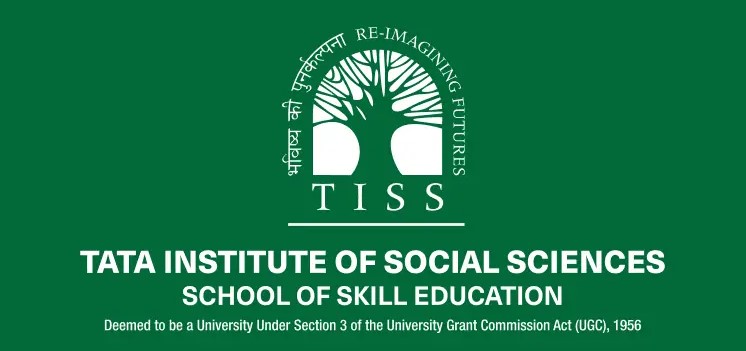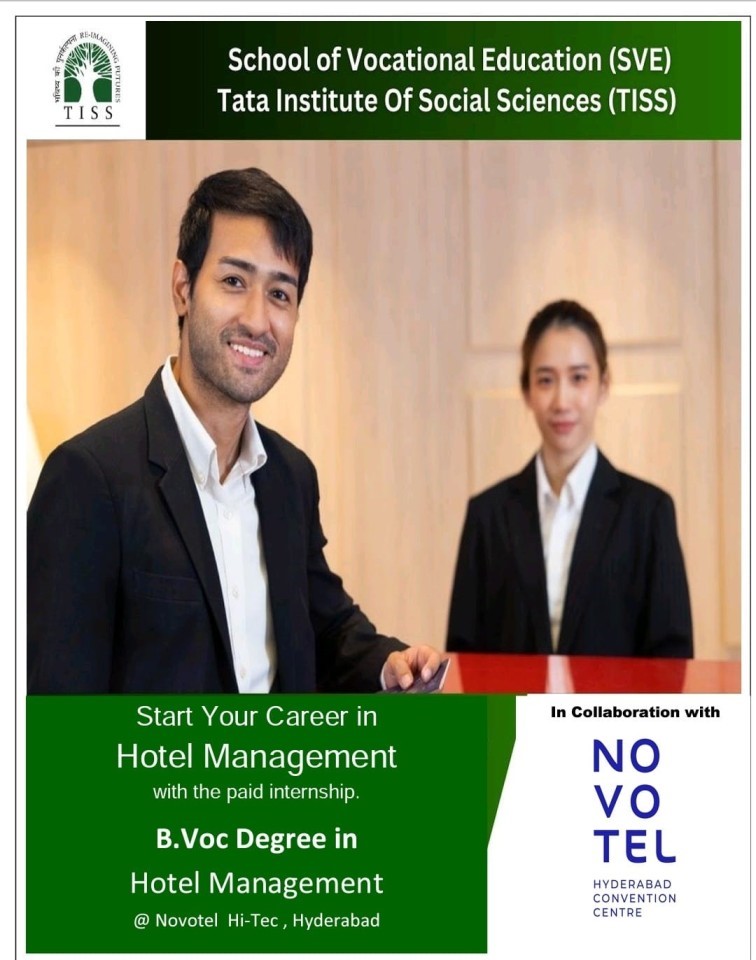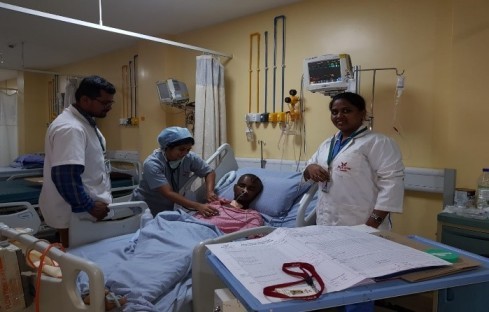C a r e e r Progress.
Continuous learning, relearning, and unlearning form a dynamic and interconnected system that’s crucial for personal growth and adaptation in today’s rapidly changing world. .
Career advancement is a very prominent concern in today's globalized world. It's such a "loud cry". Rapid Technological Changes are the reason for all this. What's Next?

A thrust and quest for excelling in a career are prime tools one needs to equip oneself with.
.

This necessitates continuous upskilling and reskilling, particularly in digital literacy and IT tech-related skills. Aging populations in some regions and expanding working-age populations in others are influencing labor demand.
This highlights the importance of adaptability and the potential for careers in healthcare, education, and talent management. Focus on skills that complement technology, such as critical thinking, creativity, and complex problem-solving. Focus on Skill Development:
Identify in-demand skills in your industry and pursue relevant training and certifications.

Embrace Lifelong Learning
Lifelong learning is no longer a luxury, but a necessity, especially in today's rapidly evolving knowledge-based industries. Lifelong learning equips individuals with diverse skills, making them more adaptable to career changes and economic shifts. Seeking Out Diverse Learning Opportunities is routine.: Online courses, workshops, conferences, books, podcasts, and even informal learning through conversations and experiences. Look for opportunities both inside and outside of your current field. Industries welcome the talented with open arms. Talent is a valuable asset in today's economy. Industries are actively competing to attract and retain top talent. Individuals with in-demand skills and a growth mindset have numerous opportunities.

Internship Mandated Industry Collaborative Bachelors Degrees.
The School of Skill Education was set up to spearhead the Institute’s commitment to provide skill education and training to millions of youths in India through appropriately designed industry relevant/market-oriented skill educational programmes. The one of a kind ‘work integrated skill training programme’ adopted by TISS SSE focusing on developing job-specific skills rather than providing only classroom theory. Broad knowledge-based education is being implemented for the first time in India. The curriculum is an integration of general education and job-specific knowledge and skills which is transmitted through a blend of taught classes and practical skill training - a unique, distinctive skilling pedagogy brand of TISS SSE emphasizing on holistic education. The on-the-job training (OJT) is conducted at the real shop floor of the booming industries and companies of the skill sector. The academic-cum-skill progression and certification with multiple entry and multiple exit (ME–ME) pathways of the Bachelor’s programmes is illustrated below: Every individual year of the 3-year degree programmes is a stand-alone certification aligned with the National Skills Qualification Framework (NSQF)/National Credit Framework (CrF) at levels 4.5 for the first year, 5 for the second year and 5.5 for the third year, all awarded by TISS SSE and recognized across national and international universities. The students are job ready at every exit point. On completion of the programme opted for, a student has broadly 3 career trajectories to choose from, among others- to go for placement or employment, to become entrepreneurs by initiating their own start-ups or pursue higher education.
Work Integrated Industry-University Connect Full-Intern Bachelor's Degree.



Staffing Oppurtunites
Industries across the globe are seeking qualified professionals, a significant opportunity for Indian youth.
industries seek a reliable pipeline of skilled and adaptable workers, and staffing organizations play a crucial role in facilitating this process. The IT job market is dynamic and demanding, but it also offers tremendous opportunities for skilled individuals, in particular. In today's rapidly evolving job market, the ability to "unlearn" outdated skills and "relearn" new, in-demand ones is crucial for professional success. This is increasingly important for job-seeking professionals and those aiming for better positions and pay.

Specialized Skills
o Depending on the industry, specialized skills in areas like: Healthcare (nursing, medical technicians) IT (software development, cybersecurity) Engineering (civil, mechanical, electrical) Construction

Professionalism
o A strong work ethic and a sense of responsibility. o Punctuality and reliability. o A positive attitude and a willingness to learn o Hands-on experience and practical knowledge. o Strong communication and interpersonal skills.
Learning a foreign language
A Polyglot i.e who can speak and write multiple languages like Japanese, Germany, French, Chinese, Korian .. languages gets better employment opportunities globally with respect to IT and other professional including skilled workforce


A Polyglot is best bet for global connectivity
Language is deeply intertwined with culture, so are with employment opportunities. Learning a language provides insights into the values, customs, and perspectives of different societies. This cultural understanding is essential for effective communication and for pursuing employment avenues. Excellent command of English or any other local language is often essential and will have significant advantage, especially for placements point if view. This is crucial for international trade, diplomacy, and collaboration in various fields. The languages mentioned above are particularly valuable for career opportunities in IT and other professional fields. Speaking multiple languages breaks down communication barriers.
